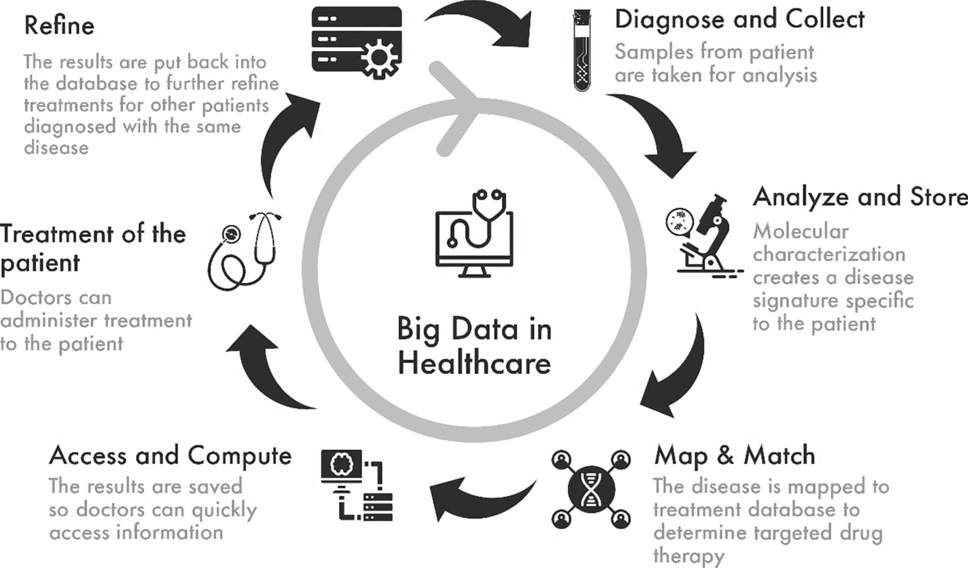Introduction
In the dynamic world of retail, adaptation is not just a choice; it’s a necessity. The retail landscape has undergone a remarkable transformation driven by technological advancements and shifting consumer expectations. This article delves into the evolving face of retail, exploring how businesses are navigating the changing tide to meet the ever-growing needs of consumers.
Defining the New Retail Paradigm
The traditional retail model no longer suffices in the era of digitalization. The new paradigm emphasizes a customer-centric approach, acknowledging that consumer needs are not static. Businesses must constantly evolve to stay relevant and provide a seamless shopping experience that extends beyond brick-and-mortar stores.
Technological Integration: The Retail Revolution
Embracing technology is at the forefront of the retail evolution. From online shopping platforms to contactless payments, retailers are leveraging technology to enhance the customer journey. The advent of Augmented Reality (AR) and Virtual Reality (VR) is transforming the way consumers interact with products, offering immersive experiences from the comfort of their homes.
Personalization in Retail
One size no longer fits all in the retail world. Personalization has become a cornerstone of the modern shopping experience. Retailers employ data analytics and AI to understand individual preferences, delivering personalized recommendations and promotions. This not only enhances customer satisfaction but also fosters brand loyalty.
E-commerce Dominance: A Shifting Landscape
The rise of e-commerce has reshaped the retail landscape. Online shopping offers convenience, variety, and the ability to compare prices effortlessly. Traditional retailers are adapting by establishing a robust online presence, integrating omnichannel strategies to provide a seamless transition between physical and digital shopping experiences.
Supply Chain Revolution: Speed and Efficiency
Consumers now expect swift and efficient delivery of their purchases. The supply chain has undergone a revolution, with businesses investing in advanced logistics and inventory management systems. The goal is to reduce lead times, minimize stockouts, and meet the rising demand for instant gratification in the fast-paced retail environment.
Sustainability Matters: A Conscious Consumer Base
Modern consumers are increasingly conscious of their environmental impact. Retailers are responding by adopting sustainable practices, from eco-friendly packaging to sourcing ethically produced goods. Sustainability is not just a trend; it’s a vital factor influencing purchasing decisions and shaping the reputation of retail brands.
The Role of Social Media in Retail Marketing
Social media has become a powerful tool for retail marketing. Platforms like Instagram and Pinterest are not just for socializing; they serve as virtual storefronts. Retailers leverage these platforms to showcase products, engage with customers, and even facilitate direct sales. Social media influencers play a pivotal role in shaping consumer trends and preferences.
Data Security and Privacy Concerns
As technology becomes more integrated into retail operations, concerns about data security and privacy are paramount. Retailers must prioritize robust cybersecurity measures to protect customer information. Building trust through transparent data practices is essential in an era where data breaches can have severe consequences for a brand’s reputation.
Adapting to Changing Consumer Behavior
Understanding and adapting to changing consumer behavior is fundamental for retail success. The rise of subscription models, the popularity of limited-time offers, and the demand for experiential shopping are all factors businesses must consider. Flexibility and agility are key in navigating the unpredictable shifts in consumer preferences.
The Importance of Customer Reviews
Online reviews wield significant influence over consumer decisions. Retailers must actively manage their online reputation, responding to reviews and actively seeking feedback. Positive reviews build credibility, while negative ones present an opportunity for improvement. The voice of the customer can shape the success or downfall of a retail business.
Innovative In-Store Experiences
While online shopping prevails, the importance of in-store experiences cannot be overstated. Retailers are innovating to create immersive, engaging in-store experiences that go beyond traditional shopping. From interactive displays to in-store events, businesses are seeking to provide an environment that encourages customers to spend more time and build a connection with the brand.
The Future of Retail: Anticipating Trends
Looking ahead, the future of retail holds exciting possibilities. The integration of Artificial Intelligence (AI) for real-time inventory management, the widespread use of cashierless checkout systems, and the exploration of blockchain for supply chain transparency are just a few trends shaping the retail landscape. Staying abreast of these innovations will be crucial for businesses aiming for sustained success.
Conclusion
The changing face of retail is a testament to the industry’s ability to adapt and thrive in an ever-evolving landscape. By embracing technological advancements, prioritizing personalization, and responding to sustainability concerns, retailers can forge a path forward that not only meets but exceeds the expectations of today’s discerning consumers.














